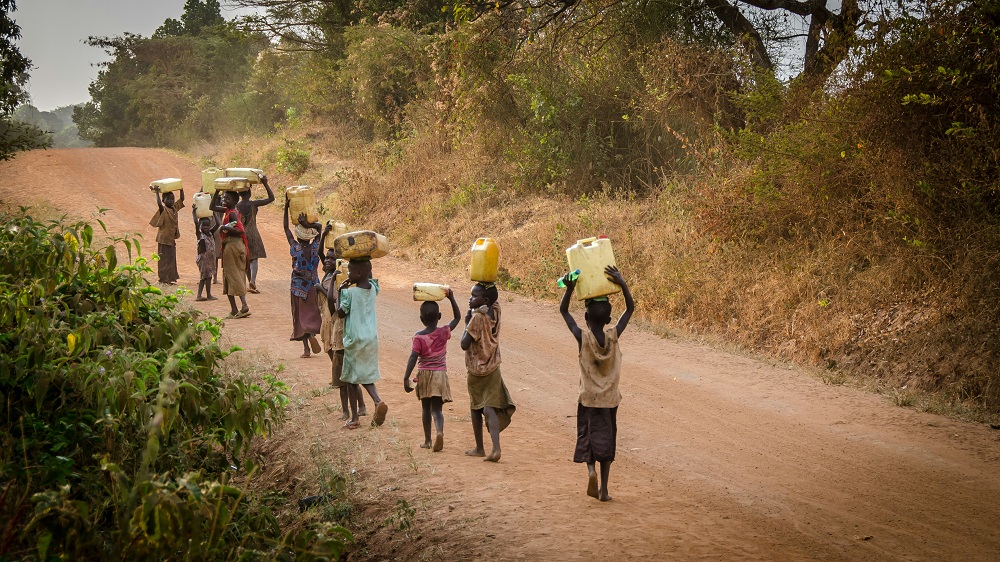War-torn Sudan is on the brink of a humanitarian catastrophe, the United Nations (UN) warns, calling on the international community to take urgent action.
The Food and Agriculture Organization of the United Nations (FAO) has called for an immediate ceasefire after 11 months of civil war which put nearly 18 million people at risk of acute malnourishment.
The East African nation is facing levels of hunger that are deeply concerning, with experts noting that this may be the worst food crisis the world has seen in decades.
Once seen as the potential “breadbasket” for Africa and the Middle East, Sudan is now facing serious food insecurity as its agricultural capacity is threatened by the ongoing war.
According to a report by the World Economic Forum (WEF), Sudan is the largest agricultural country by land area on the African continent. In 2022, Sudan’s AG sector generated 60% of the total national exports, accounting for one-third of its GDP for that fiscal year.
Sudan’s vast arable land and water abundance have made the country rich in groundnuts, sunflower, soybean, safflower, and sesame as well as sugarcane and sorghum, in addition to fruits and vegetables, mainly mangoes, lemons, and oranges.
But despite this massive potential, Sudan’s food scarcity is a result of low agricultural productivity, as global fertilizer prices as well as the energy crisis continue to grow. The civil war only exacerbates the country’s dire state.
WEF reports that “in July last year, the International Rescue Committee (IRC) found that around 40% of Sudan’s population was experiencing hunger, largely as a result of the conflict.”
According to UNICEF, upwards of 4 million children in Sudan are currently ‘acutely malnourished’, and of those, 700,000 falls in the category of ‘severe acute malnutrition’.
Since the war erupted a year ago, communities across the nation have launched different initiatives, such as communal kitchens, and emergency response rooms (EERs) to help feed its people, DW reported.
The EERs have successfully secured aid like water, food, cooked meals, and medical help.
“Some of the only humanitarian assistance has been provided by local responders like these emergency response rooms,” said the Sudan country director of the humanitarian organization Norwegian People’s Aid, Michelle D’Arcy.
The mid-April donor summit in Paris is a glimmer of hope for those trying to alleviate Sudan’s humanitarian situation. The nation still has a tremendous deal of need; of the US$2.7 billion humanitarian response plan for this year, just 4% has been financed ($131 million has been collected).
The El Fasher community kitchen activists haven’t given up, nevertheless, despite all the difficulties.
“Our committee will continue to write proposals to humanitarian and non-governmental organizations, and we hope that funding will resume at some point,” they told DW.














